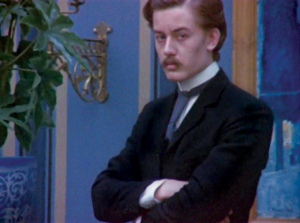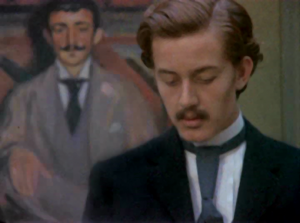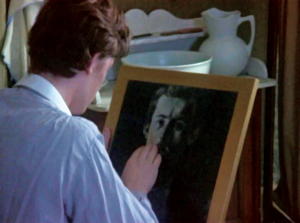
Edvard Munch, born in 1863, is living out his formative years in Kristiania (now Oslo). The experiences he gleaned from political and social upheavals, as well as his own turbulent family life and an affair of the heart that would haunt him forever, had a seminal effect on his art. When his work is viciously attacked by critics and public alike, he is forced to leave his home country for Berlin, where he becomes part of the cultural storm poised to sweep Europe. Famously described by the late Ingmar Bergman as "a work of genius", Peter Watkins’ multi-faceted masterwork is more than just a biopic of the iconic Norwegian Expressionist painter. It is one of the best films ever made about the artistic process.
Peter Watkins
Often breaking with film convention, as well as the mass media, British director Peter Watkins won critical acclaim for his idiosyncratic mix of fiction, documentary and dramatized historical events (real or hypothetical) in films like "Punishment Park" (1971) and "La Commune (Paris, 1871)" (2000). In 1966 he won the Best Documentary Oscar for his notorious "The War Game".






